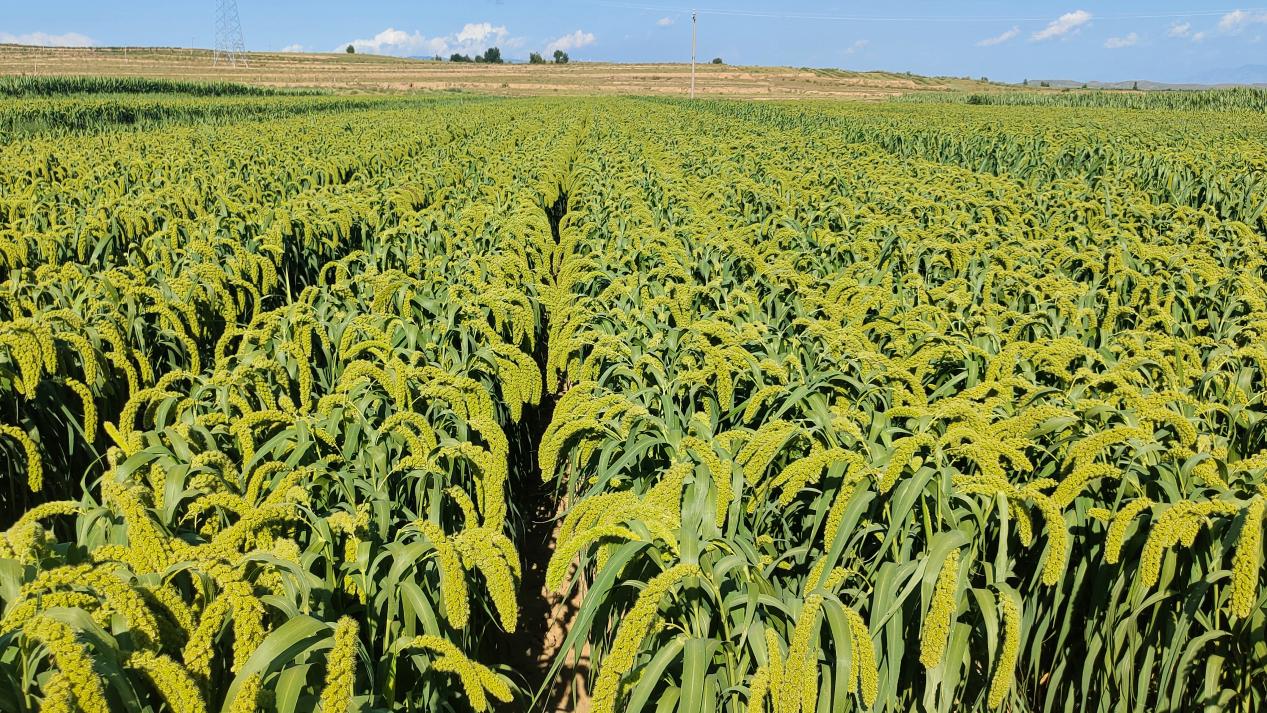
Lug . 21, 2024 01:24 Back to list
Exploring the Benefits and Uses of Potash Sulphate in Modern Agriculture and Gardening Techniques
The Importance of Sulphate of Potash in Agriculture
Sulphate of potash, also known as potassium magnesium sulfate or K2SO4·2MgSO4, is a vital nutrient source that is becoming increasingly important in agricultural practices worldwide. As a highly soluble form of potassium, this compound not only supplies essential nutrients to plants but also plays a significant role in improving crop yield and overall quality.
Nutritional Benefits
At the heart of its importance lies its nutrient composition. Sulphate of potash is rich in potassium, which is crucial for plant growth and development. Potassium is involved in numerous physiological processes, including photosynthesis, protein synthesis, and water regulation. It helps in the activation of enzymes that facilitate the efficient utilization of sugars, starches, and proteins, which are fundamental for plant tissues. The addition of sulphate of potash can lead to improved fruit quality, enhanced color, and better flavor in many crops.
In addition to potassium, sulphate of potash contains magnesium and sulphur, both of which are essential secondary nutrients for plant health. Magnesium plays a vital role in chlorophyll production, and sulphur is integral for the synthesis of amino acids and proteins. This unique blend makes sulphate of potash not just a source of potassium but a more holistic amendment that supports various aspects of plant nutrition.
Soil Health and Crop Quality
The use of sulphate of potash can significantly enhance soil health. Unlike other potassium fertilizers, such as muriate of potash, which may contain chloride, sulphate of potash is chloride-free. Chloride can be detrimental to sensitive crops and may lead to soil salinity issues over time. By choosing sulphate of potash, farmers can avoid these complications while ensuring that their crops receive the essential nutrients they need to thrive.
Moreover, sulphate of potash is known for its positive impact on crop quality
. Research has shown that it can increase the sugar content in fruits, improve the firmness of vegetables, and enhance the overall marketability of produce. This improvement in quality is particularly important in the competitive agricultural market, where consumers are increasingly seeking high-quality, nutritious food options.sulphate of potash

Application in Various Crops
Sulphate of potash is suitable for a wide range of crops, including vegetables, fruits, and even flowers. It is commonly applied to crops such as tomatoes, peppers, carrots, and grapes, where high-quality produce is of utmost importance. Its application can be tailored to meet the specific needs of the crop and the soil, whether through pre-planting incorporation, banding, or fertigation.
The timing of application is also crucial; it can be applied during the growing season to support specific developmental stages of crops, ensuring that the plants receive adequate potassium when it's most needed. This targeted approach can lead to increased efficiency in nutrient uptake and maximized yield potential.
Environmental Considerations
In an era increasingly concerned with sustainability and environmental stewardship, sulphate of potash presents an environmentally friendly option for potassium fertilization. Its production often involves mining natural deposits, which are abundant in many parts of the world. Moreover, because it is chloride-free, it poses less risk of environmental contamination compared to other potassium sources.
Conclusion
In conclusion, sulphate of potash is an essential nutrient source that plays a crucial role in modern agriculture. Its ability to enhance crop yield and quality, improve soil health, and provide a balanced blend of nutrients makes it an invaluable tool for farmers. As the demand for high-quality produce continues to rise, and with the ongoing challenges posed by climate change, the importance of sulphate of potash in sustainable agriculture will only increase. Embracing the use of this versatile fertilizer can lead to healthier crops and a more sustainable farming future.
-
10 10 10 Fertilizer Organic—Balanced NPK for All Plants
NewsJul.30,2025
-
Premium 10 10 10 Fertilizer Organic for Balanced Plant Growth
NewsJul.29,2025
-
Premium 10 10 10 Fertilizer Organic for Balanced Plant Growth
NewsJul.29,2025
-
Premium 10 10 10 Fertilizer Organic for Balanced Plant Growth
NewsJul.29,2025
-
50 Pound Bags of 13-13-13 Fertilizer for All Plants – Bulk & Organic Options
NewsJul.28,2025
-
High-Efficiency 15-30-15 Granular Fertilizer for Healthy Crops
NewsJul.28,2025
